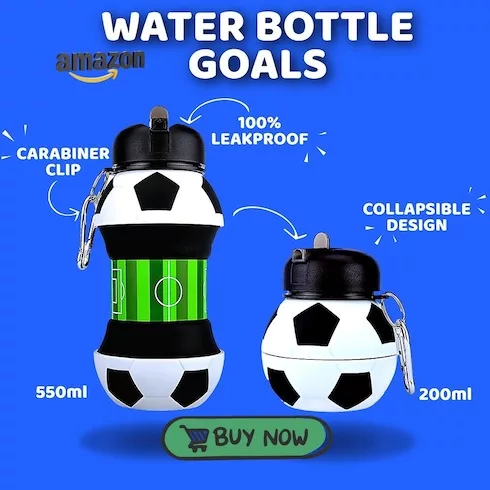Early Signing Period for College Football Anticipated to Shift to Earlier Date in December
College football’s early signing period, established in December 2017, is expected to be moved to an even earlier date in December, ahead of the opening of the winter transfer portal window. The National Letter of Intent (NLI) subcommittee of the Collegiate Commissioners Association (CCA) has held advanced discussions to move the signing period up to the Wednesday before FBS championship games, which this year falls on December 4. This change would allow athletes a short window to sign NLIs after their high school seasons and just before the transfer window opens for all undergraduate players.
Clearing up the Football Recruiting Calendar
The decision on the duration of the early signing period has not been finalized, but it will either last three or seven days. The opening of the transfer portal is scheduled for the day after teams are selected for the College Football Playoff. While the specific duration is uncertain, there is likely to be support for a short window that does not overlap with the portal. The primary reason behind this change is to clear up the football recruiting calendar and avoid overlap between the signing period and the transfer portal.
Tom Wistrcill, Big Sky commissioner and chair of the NLI subcommittee, explains that December has become chaotic for football recruiting, particularly with the upcoming expansion of the College Football Playoff next year. The proposed changes aim to alleviate this chaos and streamline the process. Additionally, the subcommittee hopes to allow transfer portal players the opportunity to sign NLIs, which is currently prohibited.
Exploring a Summer Signing Period
Another option being discussed by the group is a potential summer signing period for college football, either in June or August. This period would occur before athletes’ senior seasons, similar to college basketball’s early signing period. If approved, high school senior athletes would have three opportunities to sign NLIs: during the summer, in early December, and in February. The traditional February signing period would remain unchanged.
Process and Timeline for Implementation
The National Letter of Intent program is overseen by the Division I commissioners through the CCA, giving them control over the signing period dates in each sport. The concepts proposed by Wistrcill’s subcommittee have been shared with the AFCA and other college leaders, and feedback has been collected from coaches, administrators, and conference personnel. The FBS Football Oversight Committee will discuss the topic at their upcoming meetings, followed by another meeting of the NLI subcommittee to prepare a formal recommendation. The goal is to have the full CCA vote on the NLI changes in early March. Corresponding NCAA legislation may be required to adjust recruiting calendars accordingly.
Addressing Concerns and Challenges
Prominent coaches and administrators have voiced their concerns about the impact of the December recruiting period on college football. SEC commissioner Greg Sankey has stated that changes to the early signing period are necessary to prevent driving quality coaches out of the sport. The month of December is already filled with major events such as the coaching carousel, bowl game preparations, and the winter transfer portal window. Most FBS athletic directors have made head coaching changes in advance of the transfer window opening, but this has led to a compressed timeline for decision-making on high school recruits and portal players.
Looking Ahead
With the College Football Playoff expanding to 12 teams and games being played in mid-December, the pressure on teams will increase as they navigate coaching changes and the transfer portal window. However, removing the early signing period from the mid-December equation would help alleviate some of this pressure. The proposed changes aim to create a more organized and efficient recruiting calendar for college football.
In conclusion, college football’s early signing period is expected to be moved to an earlier date in December to avoid overlap with the winter transfer portal window. The proposed changes aim to clear up the recruiting calendar and provide athletes with a short window to sign NLIs after their high school seasons. Additionally, there are discussions about introducing a summer signing period for college football. The decision on the duration of the early signing period and the inclusion of transfer portal players in the NLI process is yet to be determined. These changes will undergo further discussion and will require NCAA legislation to adjust recruiting calendars accordingly. The adjustments aim to address concerns raised by coaches and administrators about the chaotic nature of the December recruiting period and its impact on the sport.

